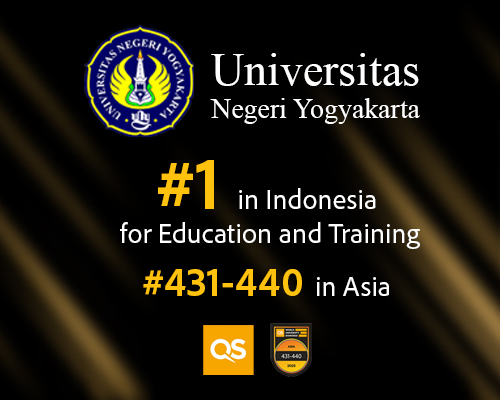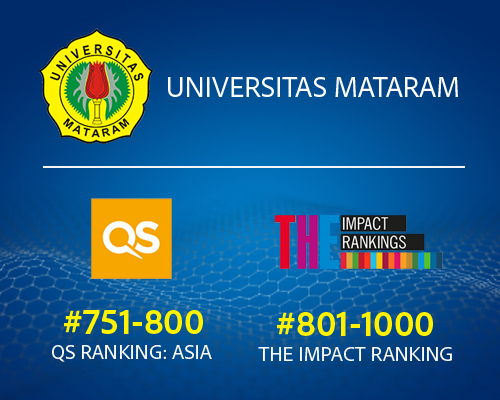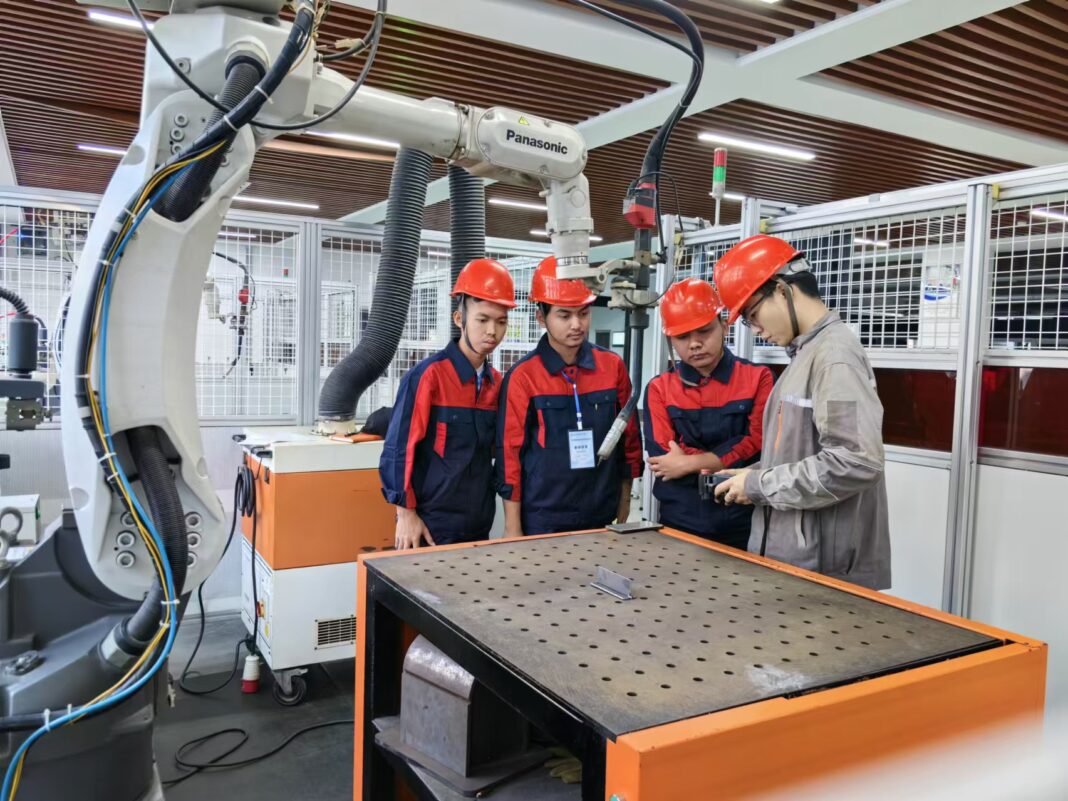Mechanical engineering graduates in Malaysia face bright career prospects with a projected 24% increase in job demand over the next decade, according to recent reports from government agencies and industry experts.
Mechanical Engineering Career Prospects Show Strong Growth in Malaysia
Key Details
According to TalentCorp Malaysia, mechanical engineering ranks among the fields included in Malaysia’s Critical Occupation List (COL), indicating high demand for mechanical engineers in the country. The Malaysian Department of Human Resources stated that demand for mechanical engineers is expected to increase by 24% over the next 10 years, from 58,000 to 72,000 jobs.
Career Cube reports also support this projection, stating that the engineering field, including mechanical engineering, will continue to be a primary focus over the next decade due to rapid technological developments and the need for innovation in industry.
- Current mechanical engineering positions: 58,000
- Projected positions in 10 years: 72,000
- Expected growth rate: 24%
- Field status: Listed in Malaysia’s Critical Occupation List
- Key growth drivers: Technology advancement and innovation needs
Background & Context
The Malaysia Technical University Network (MTUN), comprising technical universities, plays an important role in providing quality education in mechanical engineering. Universities within MTUN include Universiti Tun Hussein Onn Malaysia (UTHM), Universiti Malaysia Perlis (UniMAP), Universiti Teknikal Malaysia Melaka (UTeM), Universiti Malaysia Pahang (UMPSA), and Universiti Kuala Lumpur (UniKL). MTUN provides more student places compared to other public universities, ensuring more students have opportunities to pursue mechanical engineering studies.
Other public universities in Malaysia offering high-quality mechanical engineering programs include Universiti Malaya (UM), Universiti Teknologi Malaysia (UTM), Universiti Sains Malaysia (USM), Universiti Kebangsaan Malaysia (UKM), and Universiti Putra Malaysia (UPM).
The Engineering Accreditation Council (EAC) under the Board of Engineers Malaysia (BEM) established 11 attributes that mechanical engineering graduates must fulfill. These attributes, introduced in 2024 replacing the previous 12 attributes, align with current industry requirements and societal and environmental aspects. The attributes include engineering knowledge, analytical skills, design and development, research skills, engineering tool usage, communication skills, teamwork, professional ethics, project management, lifelong learning, and social and environmental awareness.
Career opportunities for mechanical engineering graduates can be clustered into five main categories. The manufacturing and automotive industry requires mechanical engineers for design, development, and production roles, including automotive engineer, manufacturing engineer, process engineer, and design engineer positions. The energy and environmental industry needs mechanical engineers to plan and manage efficient energy systems and develop renewable energy technologies, offering careers as energy engineers, energy efficiency engineers, and environmental engineers.
The aerospace and defense industry employs mechanical engineers for aircraft design and aviation system development, with positions including aerospace engineer, aeronautical engineer, and astronautical engineer. Research and development sectors involve mechanical engineers in creating new technologies and improving existing ones, working in research laboratories, universities, and technology companies as research engineers, product development engineers, and nanotechnology engineers. Service and management industries also employ mechanical engineers in project management, production management, and quality management roles.
What’s Next
The conclusion indicates that career prospects for mechanical engineering graduates remain very bright. With high demand for mechanical engineers in Malaysia and worldwide, graduates in this field have extensive opportunities to build successful careers. Institutions continue to play important roles in providing quality education and practical training necessary to produce competitive and highly skilled graduates.
With rapid technological developments and innovation requirements, mechanical engineers will continue to be important assets across various industries.
Prof. Madya Ir. Ts. Dr. Saifulnizan Jamian from the Department of Mechanical Engineering, Faculty of Mechanical and Manufacturing Engineering at Universiti Tun Hussein Onn Malaysia (UTHM), and Ts. Inv. Mahmod Abd Hakim Mohamad, Senior Lecturer at the Department of Mechanical Engineering, Diploma Teaching Centre at UTHM, contributed to this analysis.






